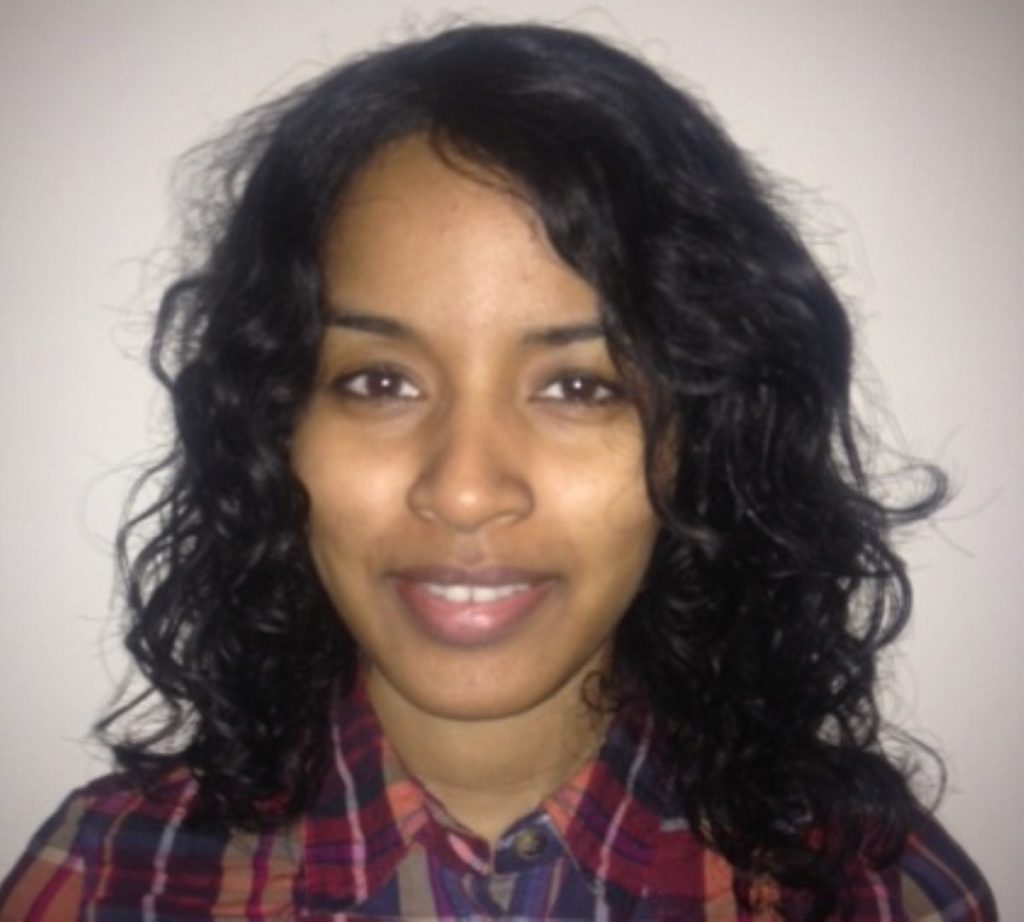Comment: The press are guilty of double standards on child sexualisation
By Betiel Baraki
Don't underestimate the role of the press in the sexualisation of children.
News articles in the printed press condemning child sex abusers are often guilty of double standards.
Sexualised images of underage girls in beauty pageants are presented in the same publications, accompanied by sub-headings that project a sexual 'knowingness' onto their behaviour. The Sun newspaper described a four-year-old participant as 'cavorting provocatively' and 'strutting her stuff'.


Harriet Harman was the latest person to highlight this, when she recently accused the Daily Mail of publishing indecent pictures of underage girls.
But our research with other women's organisations demonstrates that the problem goes far beyond that.
Object, Equality Now, Eaves and End Violence Against Women monitored 11 national newspapers over two weeks in September 2012. We recorded that across the British national press there is consistent, systemic bias against women.
They're portrayed as one-dimensional sex objects. There is persistent scrutiny of women's bodies and the increasing sexualisation of young girls. This is coupled with women's invisibility – there is very little coverage of women’s issues or women’s achievements, particularly for BME women, older women or women with disabilities, and an 'almost visceral' ridiculing of women in power or in public life.
In the press women are often sexually stereotyped as the 'Yummy Mummy', the 'Sultry Vixen' or are reduced to sum of body parts such as 'a leggy beauty', suggesting that their perceived value lies in the extent to which they satisfy the male gaze.
This is even more concerning when children are targeted. Newspapers often dedicate space to telling women how they should look, making it seem normal for women and girls to be viewed and treated as objects. This constant and very narrow definition of a woman's role in society has a negative impact on women's and girls' aspirations, effectively warning them that they will get disregarded and dismissed or reprimanded if they do not conform to stereotypes. These messages are consistent with male attitudes and behaviours underpinning violence against women, and contribute to making public life and public space hostile places for women and girls.
This objectification and stereotyping of women and sexualisation of girls is actually reflected across all media platforms and forms part of wider inequality.
Popular culture is becoming increasingly pornified, where Playboy merchandising and pole-dancing kits are targeted at children and pornography references such as 'barely legal' and 'MILF' are understood in the mainstream.
This is having an impact. Eating disorders and dissatisfaction with their appearance are being reported by younger and younger girls, and sexual harassment and violence in schools is on the rise.
The media has a role in shaping attitudes – and if it does not do anything to suggest a solution, they could at least not add to the problem.
Betiel Baraki is the Campaigns and Outreach Officer at Object, a human rights organisation set up to challenge the sexual objectification of women. Currently she is working on Lose the Lads Mags and Rewind&Reframe. She also provides sessions on media sexism and sexual objectifications of women and girls at schools.
The opinions in politics.co.uk's Comment and Analysis section are those of the author and are no reflection of the views of the website or its owners.











